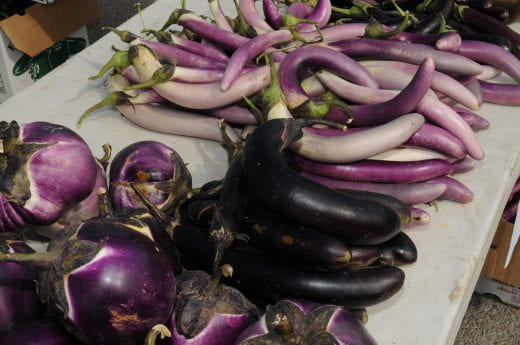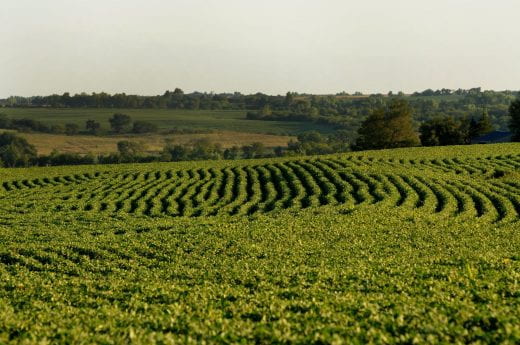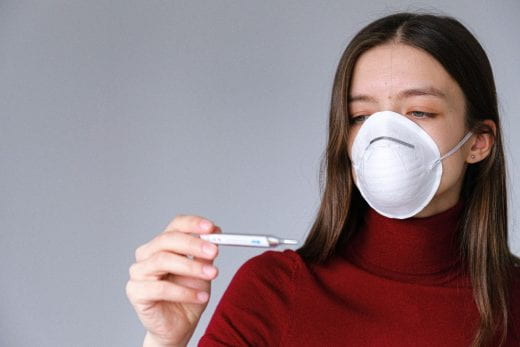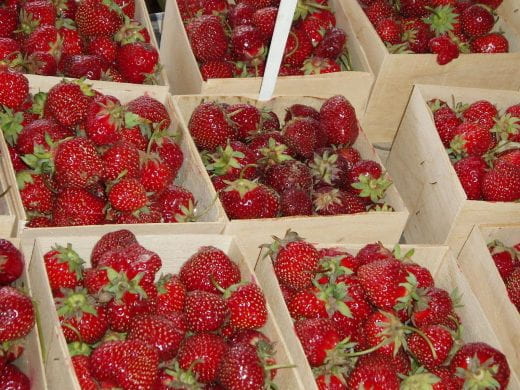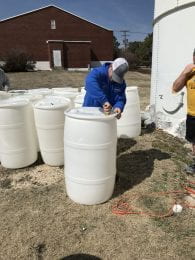Better Kansas – April 8, 2021
Today in Better Kansas, I share valuable information about free webinars on money management, plus Alzheimer’s disease, in-season fruits and vegetables, rose care, emerging crop insects and prospective plantings on U.S. farms this year. This is a small glimpse of what K-State Research and Extension across the state has to offer. Share on social media and subscribe! – Mary Lou Peter mlpeter@ksu.edu
Better Living, Better Communities
GET A GROUP OF COMMITTED PEOPLE TOGETHER – in this case extension educators who understand the value of teaching about money management – and the result is Wallet Wisdom, a series of free webinars on Thursdays from noon to 1 p.m. starting April 22, open to everyone. Interested? Register once and you can watch just one or all six webinars. Topics are: A Financial Checkup; Emotions and Money; Spending Plans; Increasing Savings; Debt Management; and All About Credit. Can’t watch at that time? They’ll be recorded to watch later. Personal note: For years, I thought banks should provide this kind of education, but I’ve rarely seen that. Some of us learned these lessons the hard and costly way. Also, if you have grown or mostly grown kids, please share this information with them.
I’VE WRITTEN ABOUT THIS BEFORE but not in this context, so please indulge me. Like many, my family had its first big gathering in about 1-1/2 years last weekend. My, how the children have grown! It was a wonderful day with gorgeous weather. One of the many there was a beloved mom and grandmother, and a vibrant former business owner…. and she has Alzheimer’s disease. She has been in even stricter isolation than the rest of us this past year and we were so grateful to finally share a day with her again. We at K-State are fortunate to have a specialist in adult development and aging who has studied Alzheimer’s disease and has prioritized educating the public about this horrible disease that afflicts a shocking one in every 10 people, age 65 and older. Take a look at Alzheimer’s 101 to learn more.
WE KNOW THAT THE PRICE OF FRUITS AND VEGETABLES IS OFTEN LOWER WHEN THOSE CROPS ARE BEING HARVESTED, ALSO KNOWN AS “IN SEASON.” But when are those crops harvested in a typical year? A handy guide, What’s in Season was produced for the Walk Kansas program. Discover what’s in season when, plus cooking tips and healthy recipes to take advantage of that bountiful carrot or plentiful pea crop. I just wish we could grow oranges here in Kansas. Thankfully, our neighbors to the south are happy to grow them for us.
Better Farming, Ranching and Gardening
WHEN LOOKING FOR INFORMATION ON PRUNING ROSES IN MY OWN YARD, I found the fact sheet Rose Care. In four pages, it covers planting, pruning, insect and disease management, and provides suggestions for rose varieties that have grown well in the Kansas City area. It was produced by Johnson County K-State Research and Extension and the Johnson County Extension Master Gardeners. I’ll write more in an upcoming post about Extension Master Gardeners, but in the meantime check out the program.
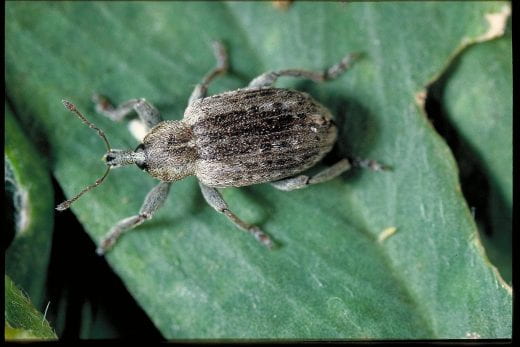 IT’S NOT JUST US! THE BUGS AROUND US ARE ENJOYING THE WARMER SPRING WEATHER, TOO. Some showing up in farmers’ fields are alfalfa weevils (pictured, credit U. of California-Davis) and army cutworms. That’s prompted the first Entomology Newsletter of the season. For details about what to watch for, as well as management information so they don’t chomp their way through your smorgasbord … also known as your crop, take a look. I didn’t know that skunks are a way to detect army cutworms!
IT’S NOT JUST US! THE BUGS AROUND US ARE ENJOYING THE WARMER SPRING WEATHER, TOO. Some showing up in farmers’ fields are alfalfa weevils (pictured, credit U. of California-Davis) and army cutworms. That’s prompted the first Entomology Newsletter of the season. For details about what to watch for, as well as management information so they don’t chomp their way through your smorgasbord … also known as your crop, take a look. I didn’t know that skunks are a way to detect army cutworms!
ONE OF THE MOST ANTICIPATED USDA REPORTS OF THE YEAR, PROSPECTIVE PLANTINGS, was released March 31. It indicated that U.S. farmers expect to plant corn on 91.1 million acres, up less than 1% from last year. Soybean and wheat acreage is expected to be up 5% and cotton down less than 1% this year. Listen in to an Agriculture Today radio interview with economist Dan O’Brien on the topic and its implications for those commodity markets. Also, take a look at the USDA’s Prospective Plantings information.
_
For more resources and activities, contact the K-State Research and Extension office in your area. Check out our other blogs and subscribe to our weekly emails here: https://www.ksre.k-state.edu/news/blogs/



